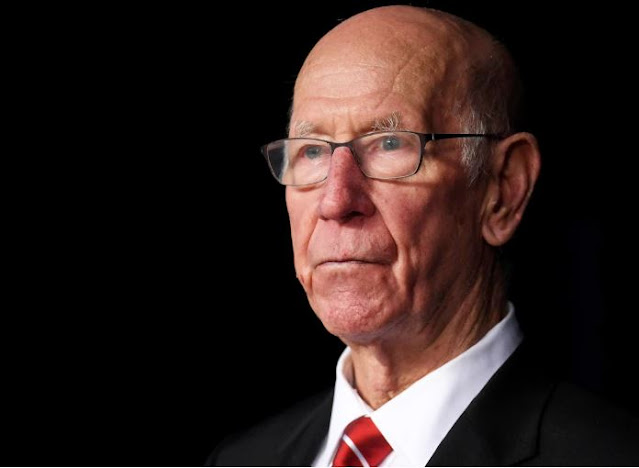Demystifying Relationship Psychology: Unveiling the Truth about Trauma Responses
Demystifying Relationship Psychology: Unveiling the Truth about Trauma Responses
In the realm of relationship psychology, social media is flooded with seemingly simple yet misleading phrases that profess to hold the key to understanding human interactions. One TikTok video, featuring Dr. Sarah Hensley, a specialized social psychologist, has recently garnered attention as she seeks to debunk one of the most widespread misconceptions in the field. Her expertise, developed over years of working with countless clients on the brink of divorce or caught in seemingly hopeless relationship situations, provides valuable insights into the intricacies of attachment theory and the "biggest lie in relationship psychology."
Unmasking the Myth
Dr. Hensley's central contention revolves around the widely circulated phrase: "If they wanted to, they would." She argues that this phrase, often propagated in pop psychology, is a gross oversimplification of the complexities of human behavior and relationships. To substantiate her point, she delves into the fascinating realm of attachment theory, emphasizing that the dismissive avoidant attachment style is far more prevalent than one might think.
Attachment Styles: Childhood Origins
Dr. Hensley posits that attachment styles are largely formed during childhood, primarily in response to caregivers. Individuals with a dismissive avoidant attachment style grapple with intense reactions to both emotional intimacy and conflict. These triggers activate a level one flee response and a level two freeze response, culminating in an activated nervous system.
Furthermore, she highlights the deeply ingrained subconscious wounds of dismissive avoidant individuals, stemming from feelings of being trapped, controlled, incompetent, and defective. These individuals often struggle with expressing vulnerability, leading to trauma responses when faced with emotional intimacy or conflict.
Unraveling Trauma Responses
One of the key aspects Dr. Hensley brings to the forefront is the difficulty of navigating trauma responses with healthy coping mechanisms. For individuals whose wounds are activated by both closeness and conflict, merely overriding these responses feels nearly impossible. It's a capacity issue, not a matter of desire.
In her professional experience, Dr. Hensley has encountered clients who genuinely love their partners and yearn to express it better but find themselves shutting down during conflicts. They struggle to find the right words or actions, which leads to freezing up and an overwhelming sense of hopelessness.
The Freeze and Flee Response
Dr. Hensley elucidates that dismissive avoidant individuals, when triggered, tend to experience a freeze response followed by a flee response. They describe feeling numb, overwhelmed, and uncertain about how to improve the situation. Their automatic inclination is to distance themselves from the conflict, hoping it will dissipate.
Society's Perception of Trauma Responses
Dr. Hensley notes that society often judges the freeze and flee response as inferior to the fight response, where individuals may become verbally or even physically aggressive. However, she asserts that no one trauma response is inherently better or worse than another. All insecure attachment styles have unproductive trauma responses within relationships.
The Path to Healing
To show up authentically in relationships, individuals must embark on a journey of self-healing. Dr. Hensley emphasizes that recognizing our trauma responses is the first step towards change. Once we acknowledge the source of our wounds, it becomes our responsibility to develop our emotional toolset, enabling us to navigate relationships more effectively.
Conclusion
Dr. Sarah Hensley's insights shed light on the complexity of human relationships, debunking a prevailing myth in relationship psychology. Understanding the origin of our attachment styles and recognizing our trauma responses are pivotal steps toward personal growth and healthier relationships. As Dr. Hensley aptly notes, no trauma response is inherently superior to another. By focusing on healing and self-improvement, individuals can learn to show up authentically for themselves and their loved ones, ultimately fostering more meaningful and fulfilling connections.






